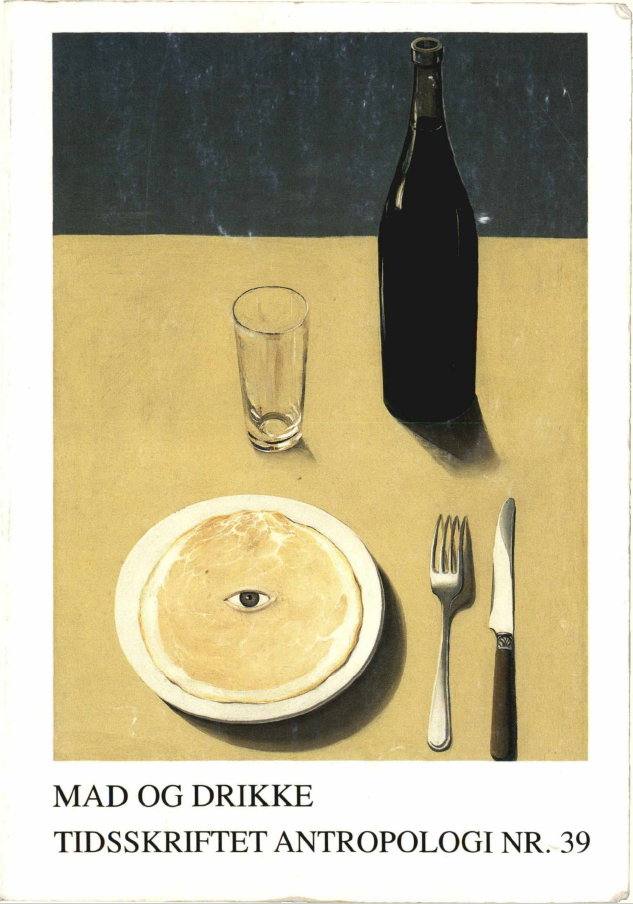ALKOHOL I GRØNLAND: Problemorienteret forskning og lokal drikkekultur
DOI:
https://doi.org/10.7146/ta.v0i39.115176Resumé
Bo Wagner Sørensen: Alcohol in
Greenland: Problem-oriented Research
and Local Drinking Culture
The article sums up the main literature on
alcohol in Greenland, showing its markedly
problem-oriented approach. Drinking in
general is read as a sign of the time - i.e., as a
symptom that something has gone wrong in
Greenlandic society. More specifically, the
literature seems informed by the idea that
Greenlanders are a people in transition, that
they are trapped in between the so-called
traditional society and a modem lifestyle and
as such ridden by “acculturative stress”.
Alcohol, according to this perspective, may
have a function of reducing anxiety.
Interestingly, the explanatory framework is
roughly the same in research dating back to
the early 1960s as in the recent research from
the late 1990s, even if Greenland has
changed in important ways during this time
spån. In contrast to the general approach, I
focus empirically on male drinking sessions,
showing how they centre around beer
drinking, and sometimes on getting drunk.
The men involved are motivated, however,
not primarily by the beer itself, but by the
sense of community created during the
sessions. The drinking sessions are not
unproblematic as they may conflict with
family obligations, and they also seem to
confirm the idea underlying the dominant
discourse on gender that men, in contrast to
their female counterparts, are irresponsible,
immature and even problem-ridden. The
overall aim of the article is to point to new
ways of going about alcohol research in
Greenland in order to counter a one-sided
problem-oriented approach that focuses on
social anomie.
Downloads
Publiceret
Citation/Eksport
Nummer
Sektion
Licens
Ophavsretten til artiklerne i Tidsskriftet Antropologi tilfalder forfatteren.
Artikler publiceret i Tidsskriftet Antropologi må citeres, downloades og videresendes for ikke-kommerciel brug, under forudsætning af normal akademisk reference til forfatter(e) samt tidsskrift, årgang, nummer og sider. Artiklerne må kun genudgives med eksplicit tilladelse fra forfatter(e) og tidsskriftet.


